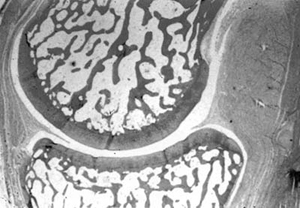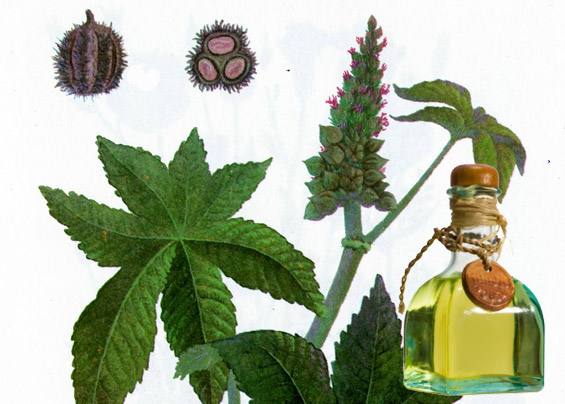Scientists have developed a drug that can bring remarkable improvements to the lives of hundreds of thousands of arthritis sufferers.
A single course of treatment will provide relief from crippling pain and joint damage for rheumatoid arthritis patients for up to a year.
Some sufferers who have tested the drug, rituximab, have been able to return to near-normal life after 20 years of restricted activity.
British doctors behind the groundbreaking treatment claim it could eventually lead to a cure for the severely disabling disease which affects almost 400,000 people in the UK.
Most conventional medication for rheumatoid arthritis offers only limited pain relief and does not stop the degenerative process that can destroy joints and bones.
But researchers led by Professor Jo Edwards at University College London have found dramatic improvements in patients using rituximab.
The drug - which is also used for cancer sufferers - acts by suppressing antibody production within the immune system and breaking a key part of the cycle that triggers and fuels arthritic inflammation.
More than half of patients in the trial showed 'major improvements' and a further one-fifth had a 'brilliant response' to the drug.
Professor Edwards said on average the benefits last up to a year - when further treatment could be given --and in some cases the disease has returned in a weakened form.
Sufferers who have led restricted lives for 20 years can now return to near-normal levels of activity, he said.
'Patients have been able to return to work and in some cases have taken up more strenuous activities such as sport, going to the gym and joining walking clubs.
'An arthritis cure is now firmly on the agenda.' Altogether 161 patients
who had tried many standard treatments without success took part in the study.
Results for 122 subjects found that two infusing injections of the drug a week apart led to one in five achieving an 'exceptional level of improvement rarely obtained with existing therapies'.
Half of patients had at least a 50 per cent improvement in their symptoms and all patients had 'clinically significant' improvement lasting on average for a year.
The study, conducted at centres in Europe, Australia, Israel and Canada, compared different treatment options including rituximab combined with other drugs.
The most encouraging results were obtained when rituximab, also known as Mabthera, was given with another anti-arthritis drug called methotrexate. A separate study shows rituximab may also help an auto-immune disease called lupus.
Professor Edwards released the interim results of the trial today at an American College of Rheumatology meeting in the U.S.
He said further tests were needed before the manufacturers would have sufficient data to apply for a licence for use in rheumatoid arthritis, and this could take three years.
He said a course of treatment costs about £4,000.
'But this is cheap compared with some other new drugs for rheumatoid arthritis,' he added.
Fergus Logan, chief executive for the Arthritis Research Campaign said: 'These results look extremely positive, and are very, very encouraging for patients with severe rheumatoid arthritis, although we're talking about remission here rather than a cure.
'As a future treatment for severe rheumatoid arthritis, rituximab looks promising.
'The results of larger trials over a longer period of time will undoubtedly answer some of our concerns.'
Source: dailymail.co.uk







